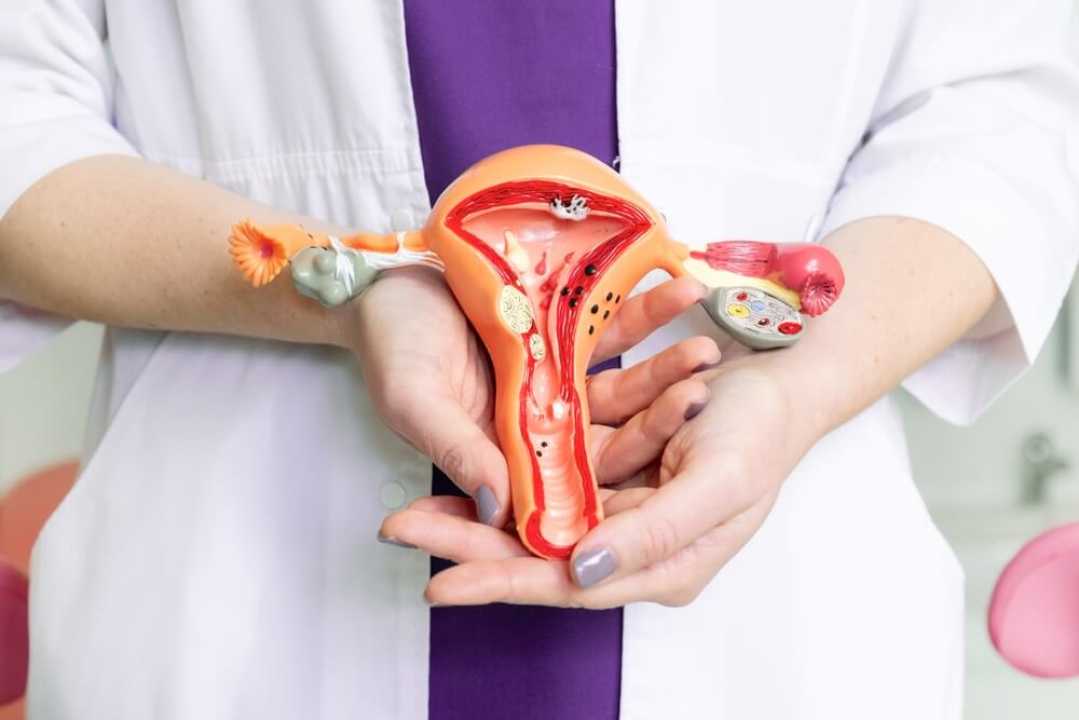Health
Understanding Decidual Casts: A Rare Gynecological Occurrence

During the menstrual cycle, the uterus undergoes significant changes as it prepares for the possibility of pregnancy. The endometrium, which is the lining of the uterus, thickens and becomes spongy to facilitate the growth of a fertilized egg. Progesterone plays a crucial role in this process.
When fertilization does not occur, progesterone levels decrease, resulting in the breakdown of the endometrium. This breakdown is expelled from the body as menstrual blood. In most cases, this shedding happens gradually. However, there are instances where a large portion of the endometrium is expelled all at once, leading to a phenomenon known as a decidual cast.
A decidual cast typically resembles a cone or triangular shape, likened to the shape of a cast used for broken bones. When a decidual cast is passed, it may appear as a fleshy mass, exhibiting colors that range from whitish-gray to grayish-brown.
Symptoms associated with a decidual cast can mirror those of a regular menstrual period; however, the discomfort can be significantly intensified. As the tissue is expelled in one piece, individuals may experience more severe cramps compared to typical menstrual cramps.
The occurrence of decidual casts is rare and not fully understood. While there are no precise statistics on their prevalence, many cases have been reported in individuals using hormonal contraceptives, including oral contraceptives and injectable forms like Depo-Provera. Some medical experts suggest that hormonal surges during these situations may provoke the sudden expulsion of the uterine lining.
Nevertheless, it is important to note that experiencing a decidual cast is not indicative of a miscarriage, though the symptoms can be similar. In cases where tissue is passed, it is advisable to consult a healthcare provider to confirm the nature of the tissue and rule out other conditions, such as ectopic pregnancy, which can be life-threatening.
Although there are no known long-term health effects from passing a decidual cast, individuals are urged to seek medical attention if they encounter this occurrence. It is especially critical to reach out to a physician if accompanied by severe pain or abnormal bleeding.












